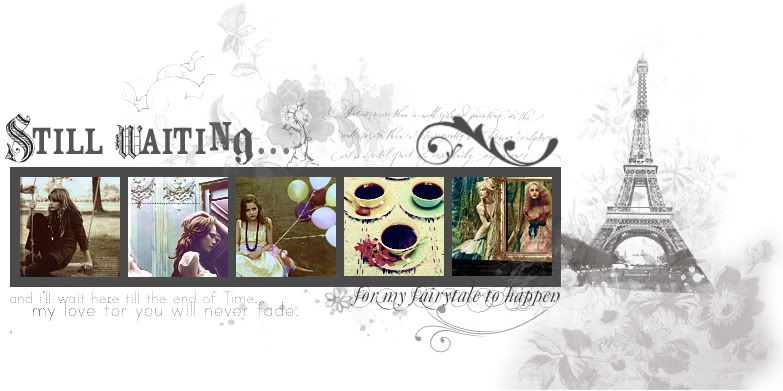WELCOME!(:
www.projectunleash.blogspot.com
Please observe the following rules:
1.No spamming of comments or the tagboard is allowed.
2.Post your comments on the articles in the comments section below the post.
Anybody found to be violating any of the above rules will be removed from the blog or banned from posting.
and by the way,
based on what you post on this blog, you will be graded :)
Project Unleash,
UNlimited
Literature,
Express
And
SHare.
Saturday, June 28, 2008
When You See Millions of the Mouthless Dead (Poem Analysis) {8:12 AM}
When You See Millions of the Mouthless Dead
by Charles Hamilton Sorley
POEM ANALYSIS by Ng Xuan Ru (15) 2i
The poem is made up of only one stanza. The fact that it is written in one large block emphasises the poet’s point that death is overwhelming. Thousands of pitiful soldiers were killed and left to rot and this gruesome content is evident throughout the whole of the poetry.
The poem rhymes on the last syllable on every 4 lines, except for the case which the last 6 lines all rhyme together.
This poem does not have any significant use of any sound features whatsoever.
The poem has a slow rhythm, which makes it sound like it is lecturing a soldier of lower rank about what he should do when he encounters the fallen soldiers.
The poem records a war, where the poet is showing a first-hand experience as he describes the scenery and landscape of the battlefield accurately with details. Also, from “when you see”, I can deduce that the poem is being told to a soldier who survived the war and it tells him to think of those who have died at war as heroes. However, the poem also states that he should not grieve for the dead, because in their death, mourning means nothing to them, as they cannot feel it.
The poet highlights how pointless war can be. They are recognized as heroes and defenders of the country but it is all pointless to them because they will never see the difference they made in the world.
The poet’s disapproval of the authoritative figures involved in the war is also highlighted. From “Their blind eyes see not your tears flow” highlights that the people who started the war, sitting behind their desks, do not show any trace of pity in the sacrifice that the soldiers they dispatched made.
The poet seeks to evoke sorrow and grief to the reader. Also, the first two lines, "When you see millions of the mouthless dead, across your dreams in pale battalions go", suggest that the poet is haunted by horrific and gory images of the war. He says that he can "see" the dead across his dreams. It suggests that he is so much affected by it that ghosts appear in his sleep in their "pale battalions".
The poet emphasizes on the scale of how many people were killed because of the war initially. The poet’s purpose, which is to state that we must all simply acknowledge the fact that these people have died, and that even those who you loved and knew well can never be brought back, is successfully conveyed to the reader through his point-blank delivery of words.
I would describe the poet’s use of words as grave, serious and sombre. Short sentences such as “It is a spook”, “Not tears” and “Not honour” further emphasises that the poet is using a very pessimistic and solemn tone to present the poem.
The most significant usage of metaphors is the phrase “mouthless dead”. This phrase conveys that the soldiers cannot talk when they are dead, and illustrates the scene where the soldiers were mutilated, deformed and maimed to the extent that the face was unrecognisable. It appeals to two of the five senses by painting the picture of the gruesome side of war and introduce the bone-tingling sensation of warfare.
Ng Xuan Ru (15) 2i
Labels: Ng Xuan Ru (15) 2i
